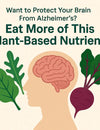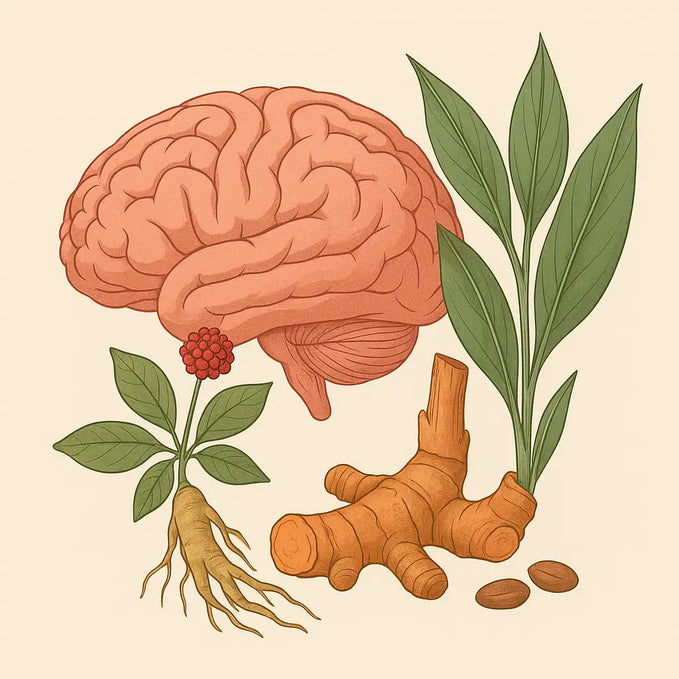
How Alpinia Galanga and American Ginseng Improve Focus, Memory, and Mood Naturally
Boost focus, mood, and memory naturally with Alpinia galanga and American Ginseng—no crash, just clean brain energy backed by science.
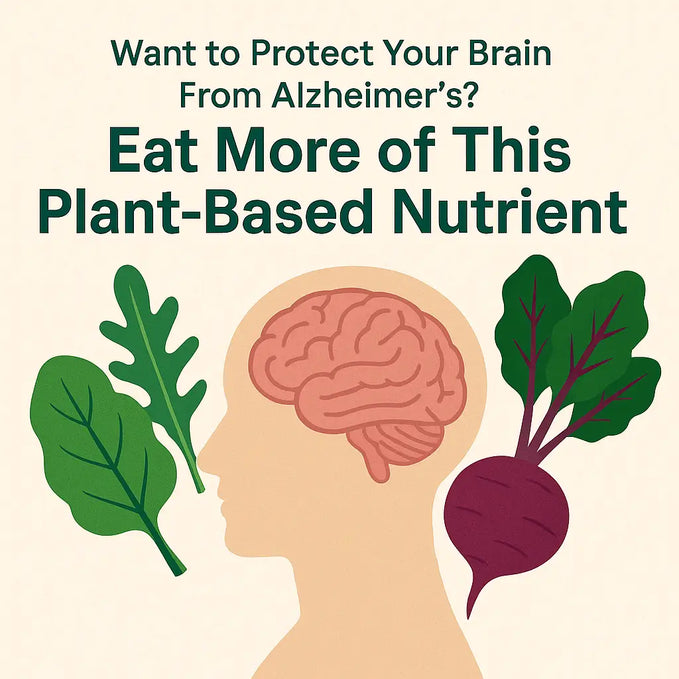
Want to Protect Your Brain From Alzheimer’s? Eat More of This Plant-Based Nutrient
Discover how plant-based nitrates from leafy greens and beets may protect your brain from Alzheimer’s. Backed by science. Start today for brain health!
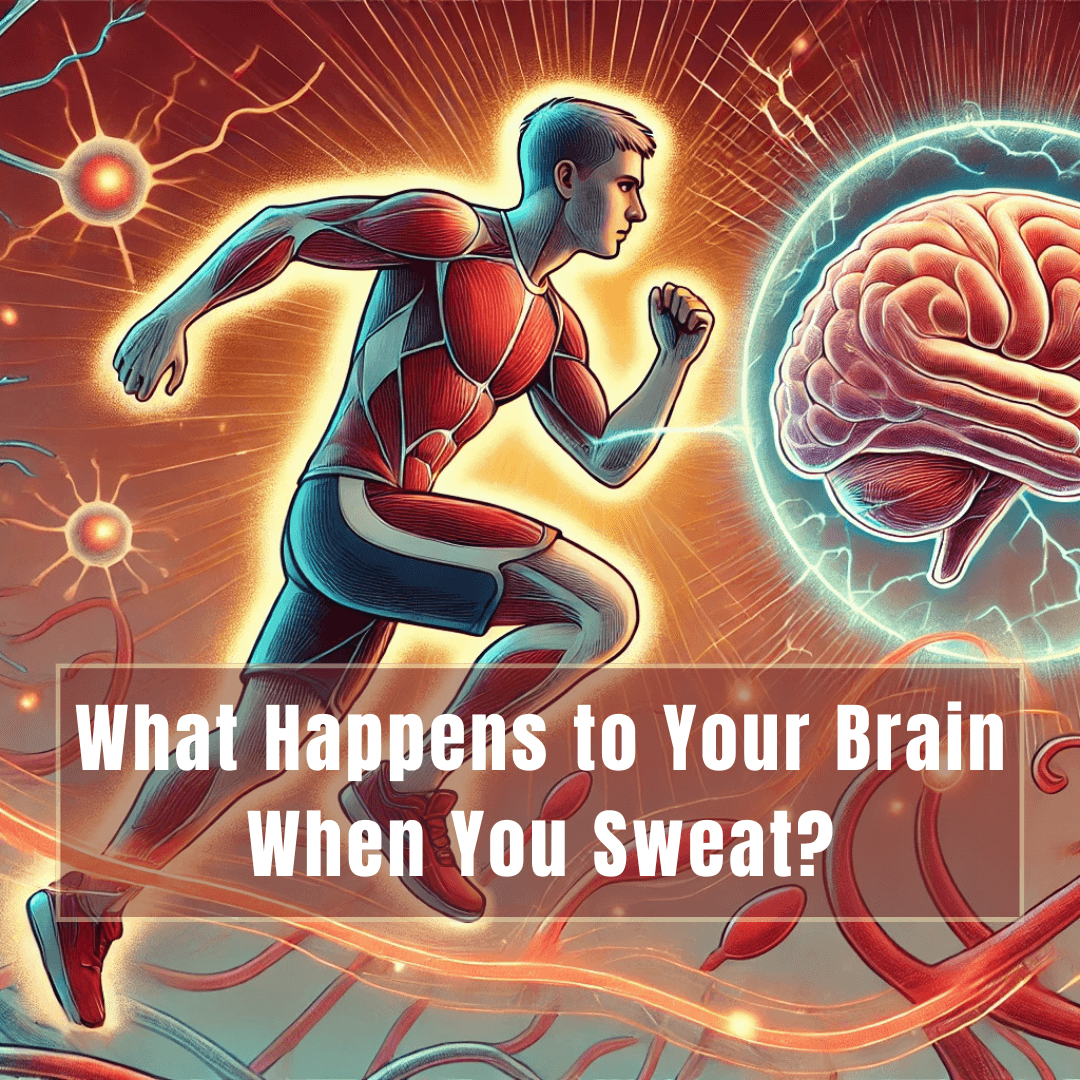
Lactate and BDNF: The Secret Sauce Behind Exercise and Brain Power
Unlock the brain-boosting power of exercise! Discover how lactate and BDNF supercharge memory, focus, and mental health—backed by science.
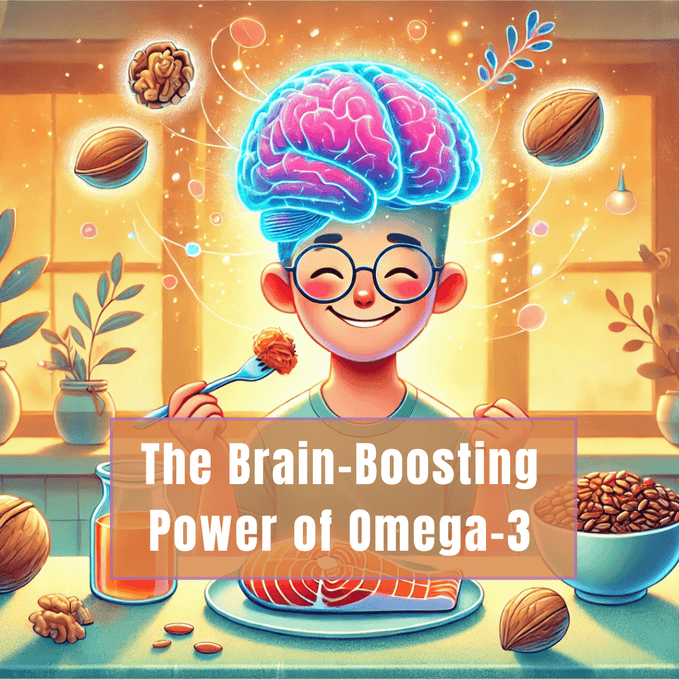
Omega-3 Benefits for Brain Health: How EPA & DHA Boost BDNF Levels
Discover how Omega-3 fatty acids boost BDNF, enhancing brain function, memory, and focus. Learn science-backed tips to optimize your cognitive health!
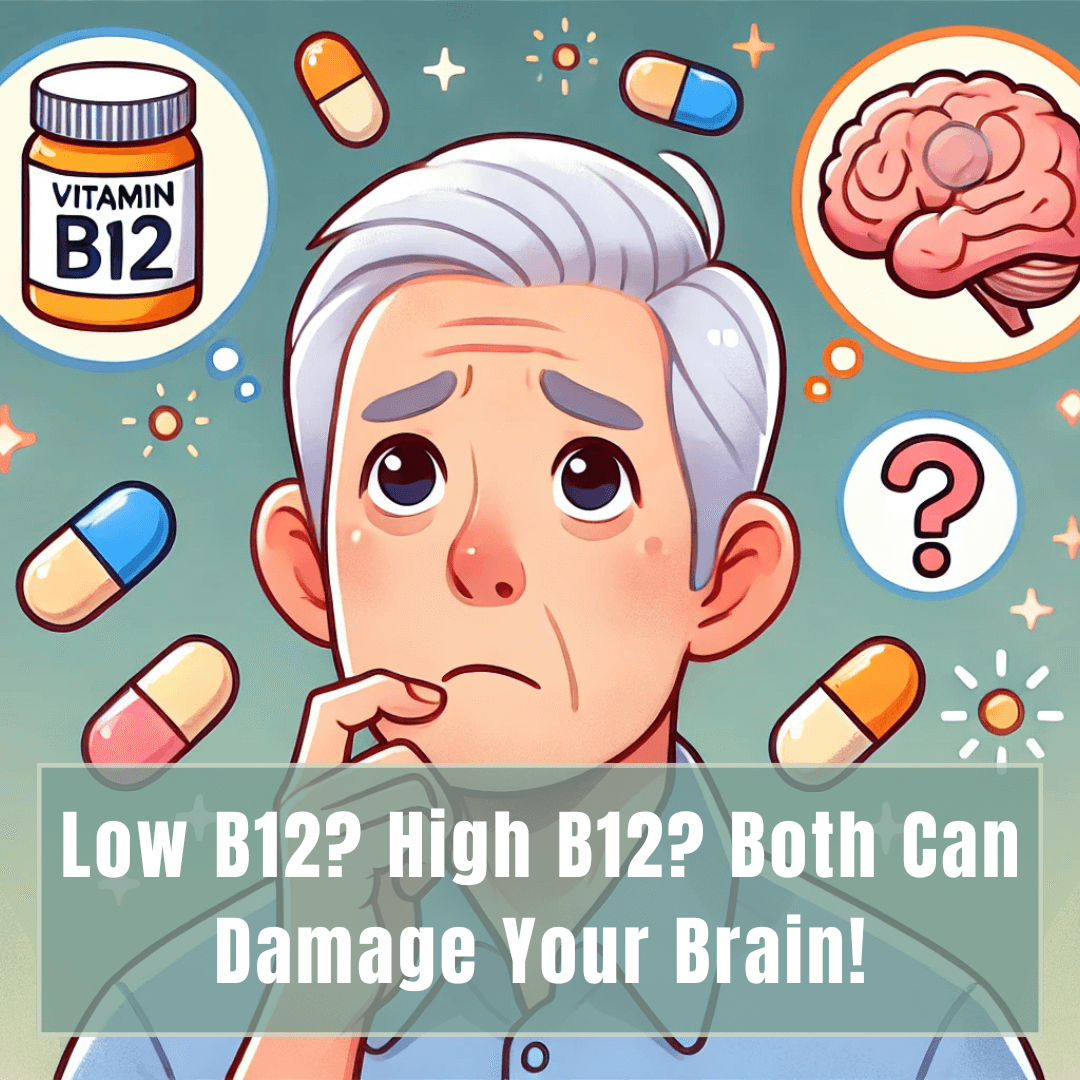
Is Your “Normal” Vitamin B12 Level Actually Harming Your Brain? Here’s What Science Says
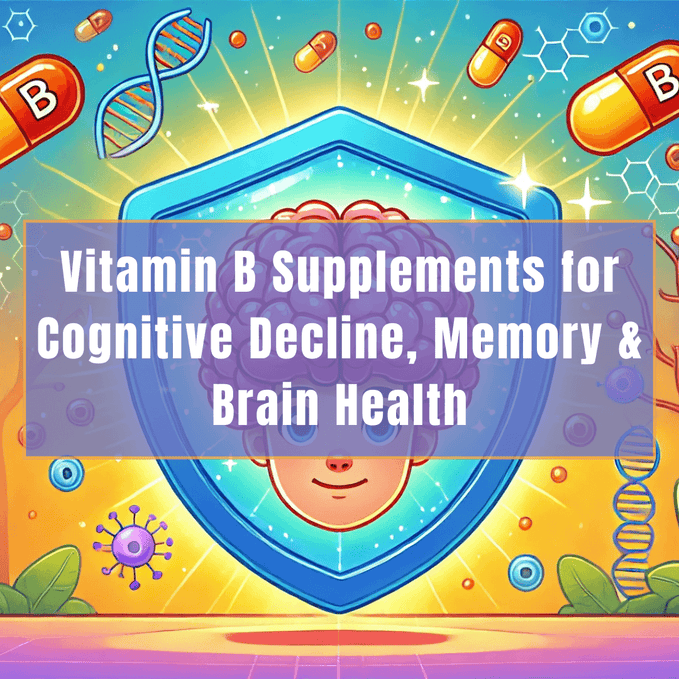
Can Vitamin B Supplements Protect Your Brain from Cognitive Decline?
Boost brain health & fight cognitive decline with Vitamin B! Learn how B-complex supports memory, focus & longevity. Read now for science-backed insights!
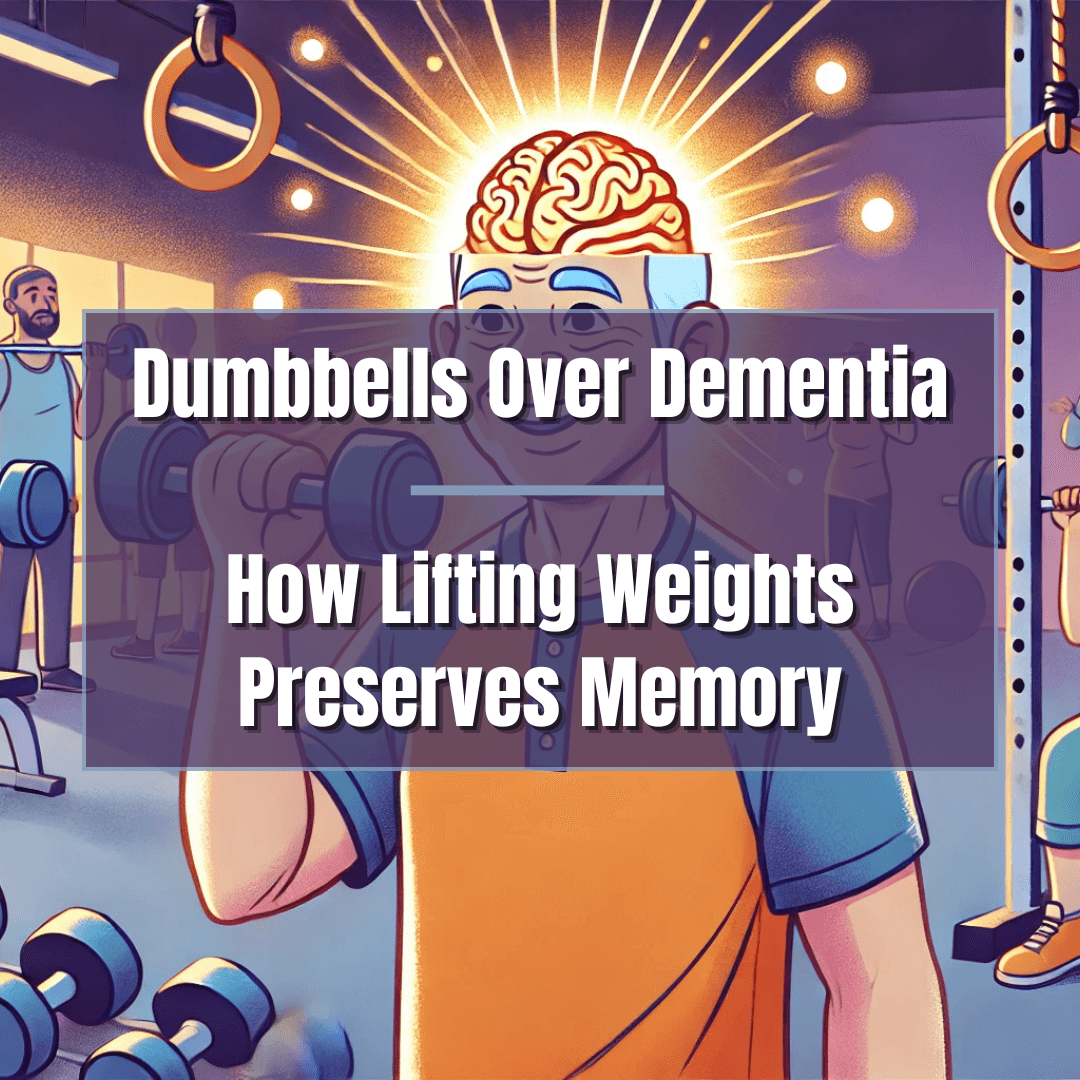
Lifting Weights Can Protect Your Brain and Boost Memory
Lifting weights boosts brain health & fights Alzheimer's! Discover how resistance training protects memory & enhances longevity. Read more now!

How Green Tea Supports Brain Health and Fights Dementia
Discover how green tea boosts brain health, lowers dementia risk, and supports cognitive function. Learn the science-backed benefits—read now!

Top Brain Health Supplements to Fight Cognitive Decline in Seniors
Discover how supplements like Vitamin D, Omega-3s, and probiotics can support brain health and combat cognitive decline in older adults. Learn more!

Boost Cognitive Health with Simple Physical Activity
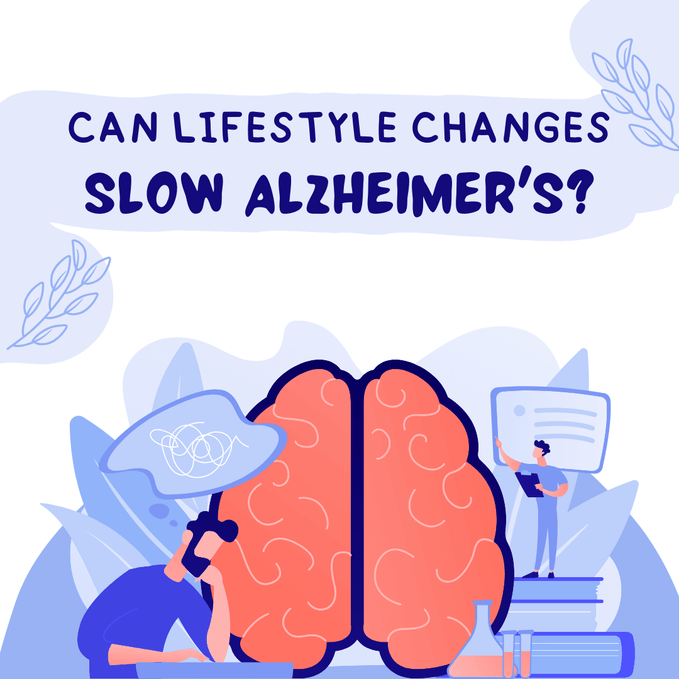
Can Lifestyle Changes Slow Alzheimer's? Insights from a New Study

Good Blood Circulation Is Important for the Brain

Do You Want to Improve Your Memory?
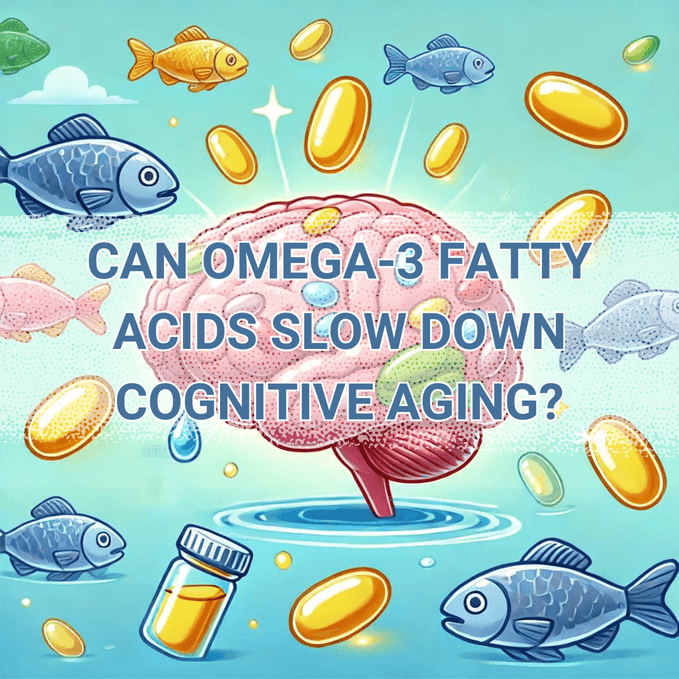
Can Omega-3 Fatty Acids Slow Down Cognitive Aging?
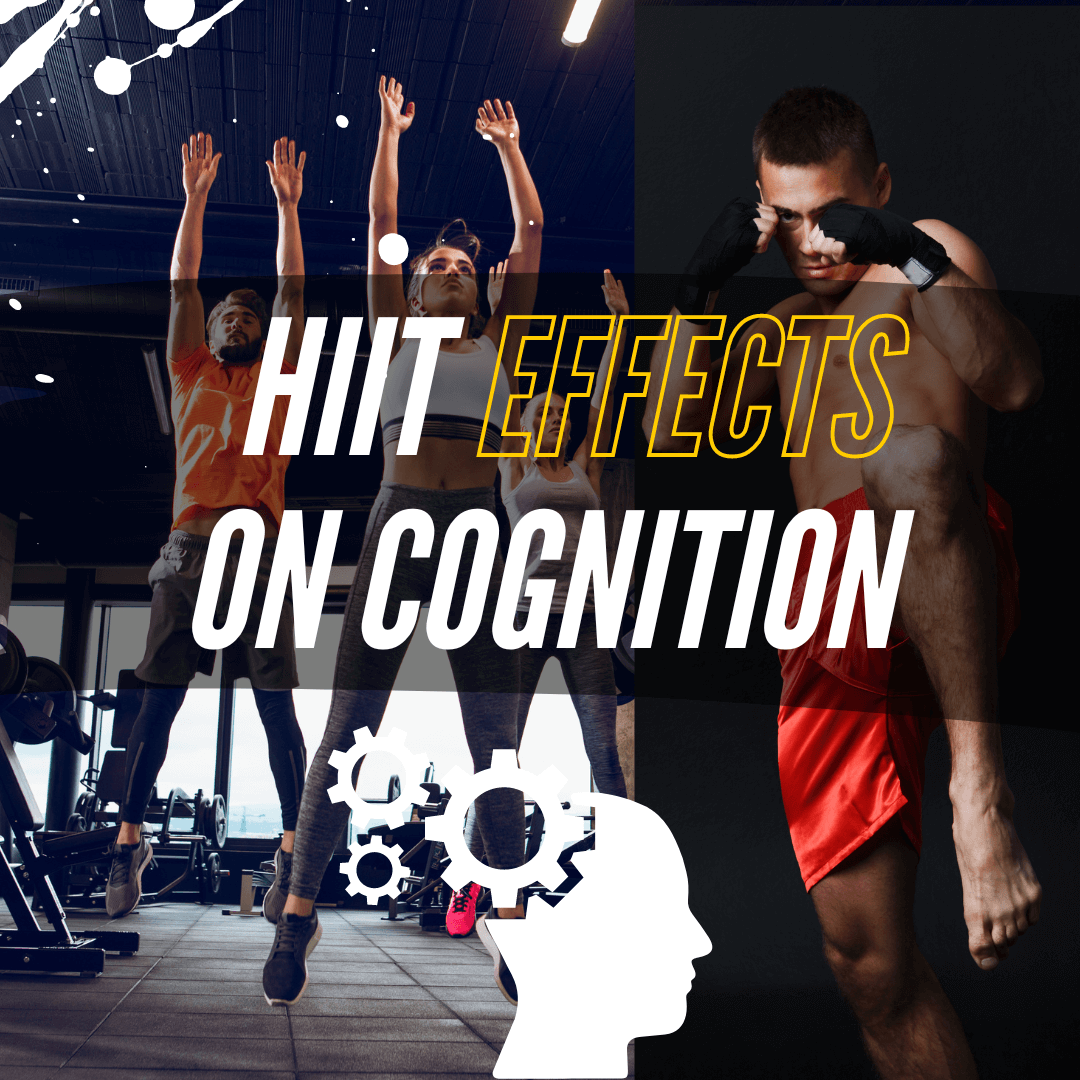
What's Better for Cognition: High Intensity Interval Training or Moderate Continuous Exercise?

Omega 3 Fatty Acids and the Blood Brain Barrier

Can Resistance Exercise Improve Memory?

Fat Can Affect the Brain Depending on Where It Is Located

Vitamin A Linked to Lower Stroke Risk





